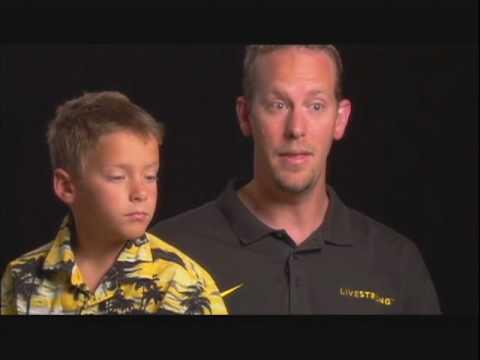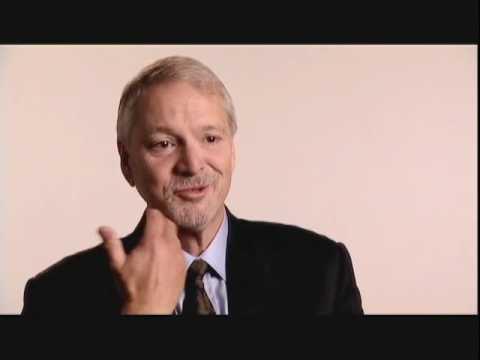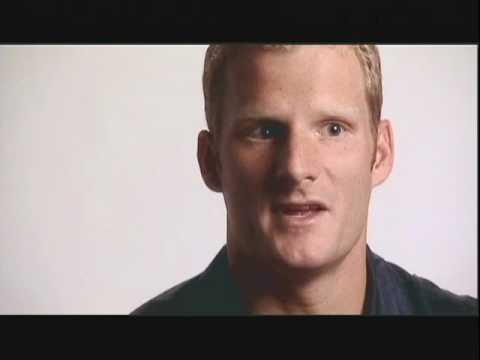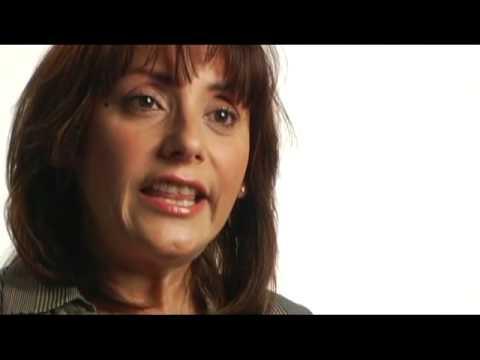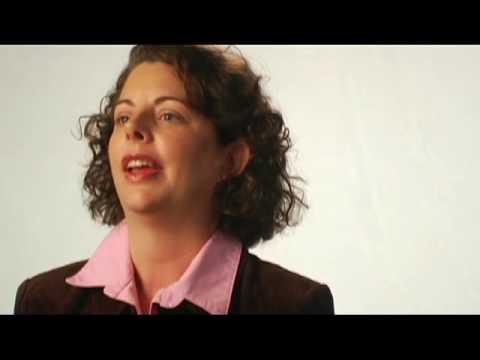Tom B.
It was really quite unremarkable. Got up one morning and noticed a large lump in my neck. I thought, “Gee, that wasn’t there yesterday. That’s unusual.” Of course, most everybody knows you have lymph glands in your neck and when you get a cold, sometimes they swell. But this particular one seemed a little large.
I live in Kotzebue, Alaska. Kotzebue is a town that is about 49 miles north of the Arctic Circle. We are about 550 miles north of Anchorage which is, of course, the biggest city in Alaska. That’s really where the most medical expertise in the state is in Anchorage.
The first problem that I ran into was that they couldn’t diagnose me in Kotzebue. I ended up having to go to Anchorage. I saw an ENT who was able to confirm that I did have base of tongue cancer. The lump was actually a secondary site. The cancer had metastasized to my lymph nodes. Had that not happened, I might have gone for another year or more without knowing that I had cancer. The primary tumor had not caused me any symptoms. I had no difficulty swallowing. I had no sore throat. There was no sign that there was anything going on at the primary tumor site. I was really fortunate that it did move and show up there, which ended up causing me to have my diagnosis done and only have a Stage 2 primary tumor.
I came back to Kotzebue after my diagnosis, and I began to research on the Internet. Of course, after learning that I had cancer, I called and told members of my family. I had the good fortune of having a brother-in-law who is a doctor. He began to do some research in his medical library resources and sent me a lot of articles about base of tongue cancer. There was a lot in that literature about different treatment options.
I went to Seattle and saw some folks there to get a second opinion. They did not think I was a surgical candidate. They thought that I was a candidate for radiation or chemotherapy. So that gave me now a little more incentive to investigate a little further. I’ve gotten a different opinion now from another set of doctors.
I went immediately from there on to Houston. They determined that my cancer was treatable with radiation only. I was not to have any chemotherapy. They thought that there may be a possibility that I’d have to have some follow up surgery but that it would not be surgery on the primary tumor site. It would be surgery in the neck dealing with the lymph nodes. My treatment consisted of six weeks of radiation initially and then several months later, a bilateral neck dissection. I decided not to continue my follow-up treatment. From Houston, the distance is so great and the cost is so exorbitant to make multiple trips every three months or so.
I do not have a normal swallowing mechanism. When you get radiation treatment, I’m told it basically changes the tissue. Your tongue doesn’t work the same way. It’s stiffer. It’s not as elastic. It doesn’t move as well, so you can’t swallow the same. When I eat, I have to drink a lot of liquid. I do a lot of clearing of my throat where I get little food particles stuck in my throat that don’t go down because swallowing hasn’t worked. I have to cough and clear my throat and drink some more water. I’ve gotten to the point where that’s fairly routine for me. I don’t even think about it anymore while I’m doing it but it is something that’s different for me.
Radiation kills the cells in your oral cavity that produce saliva. So you get what’s called dry mouth. Some patients have an extreme condition of dry mouth, and they carry around a water bottle with them twenty-four hours a day because they’re constantly taking sips of water. I seem to have some amount of saliva production intact. I do have times when my mouth gets dry. It seems to be in spells at certain spots in the day without really much of a pattern as I can tell. But I’ll have times where I have to have something to drink close by to wet my throat down because I’m not producing the normal amount of saliva.
Always get a second opinion and maybe a third opinion. I think culturally, for people in Alaska, they are not inclined and never even think about getting a second opinion. Western medicine, in general for the Native culture, is something that they’re not totally used to. The doctor speaks to them very authoritatively and has an opinion. They take that opinion as the final answer. I see the people in my region being culturally disadvantaged. They wouldn’t ask for a second opinion. They wouldn’t even go to a doctor when they have a pain, and that’s a problem because then the diagnosis is delayed. I feel fortunate that from my background, education and experience in life, I had the determination and the drive to go out and find as many answers as I could. To do the research, figure out where was going to be the best place for me to go, and go there. Clearly, I probably have some capability of doing that financially and such that many, many, many other people don’t have. For me, location and price was not an option. This was my life. I wanted to go to the best place, and I was going to get there no matter what.
Body image is probably the biggest thing that I deal with on a daily basis. For years and years, I was about a 160-pound individual. In my late 40s, I put on an extra 15 or 20 pounds that I probably really didn’t need. But after treatment, I had lost 40 pounds. I’ve lost a lot of lean muscle tissue on my body, and I haven’t been able to put it back on. I haven’t found a way to successfully gain any weight. Because it was radiation of the head and neck area, I got to a point in my treatment where I couldn’t swallow any more. My throat was just so sore, I couldn’t swallow. So they put a little tube into your stomach and you take your nourishment through a tube. That changes the whole dynamics of your eating habits and your metabolism. I don’t have the same stature that I have always had. I’ve got an ugly little scar on my neck from the neck dissection that they did. That bothers me a little bit. But I always remind myself, in both of these instances, “Hey - I’m alive and I’m cancer-free at this point.” These are minor problems that I just need to deal with.
One of the first things that happened after I was diagnosed was a friend of mine gave me Lance Armstrong’s book, It’s Not About the Bike. The book was a great inspiration to me. Lance is a pretty tough guy. He was determined to get well. He was faced with some serious situations in his personal situation. It gave me a couple of clues about things that I was going to be up against. I remember reading in the book when Lance was talking about how his physical body type changed from pre-cancer to post-cancer. He was a little on the chunky side in the beginning but he turned into this wiry, strong guy after the fact. That was just a change in life that he was going to have to deal with. I really enjoyed and responded to the message that came out in the book. It was a help for me in terms of determining, “I need to get all the facts. I need to check out all the options.” He talks in his book about weighing the options and ultimately making a choice to go to a specific institution that he thought was going to be the best for him and the best for his situation. That was a great help to have that as a starting point in my thinking about how I was going to approach the rest of my life.
Livestrong™ is the approach that I felt like I tried to take in addressing my cancer. I’m a pretty stubborn, hardheaded, determined person. I was determined that I was going to do whatever it took. Go as hard as I could go at this and try to get a successful outcome. Livestrong means having that positive attitude and having the mental toughness to try to push your way through it. It surely has to involve living with those additional things now that you have to accept: lack of flexibility in the neck, inability to swallow properly, or any of the other side effects that one might have from the various types of cancer. You have to be a little tougher to deal with living with some of those side effects. I think that’s the approach that people need to take.
My name is Tom, and I’m a two-year squamous cell carcinoma survivor.

